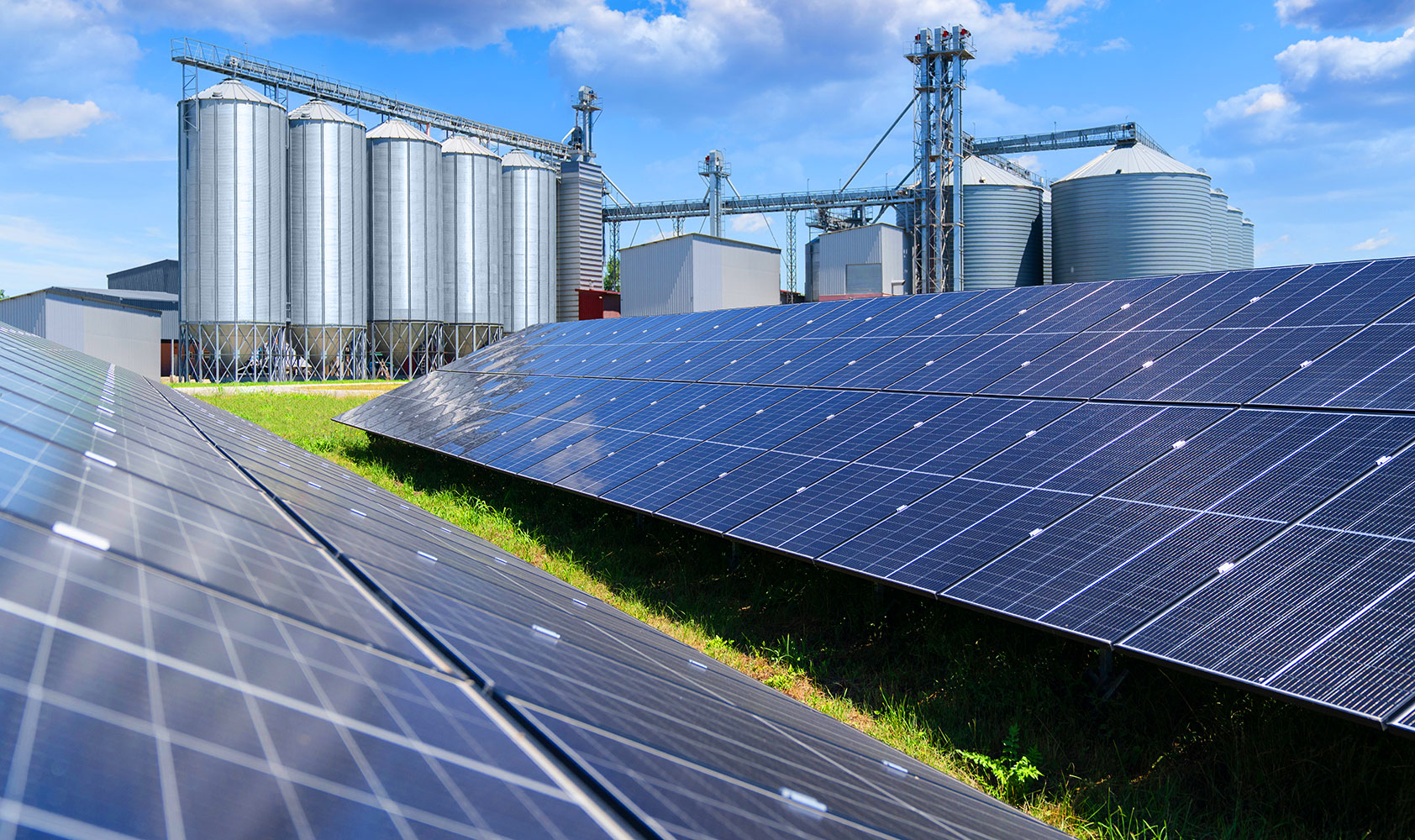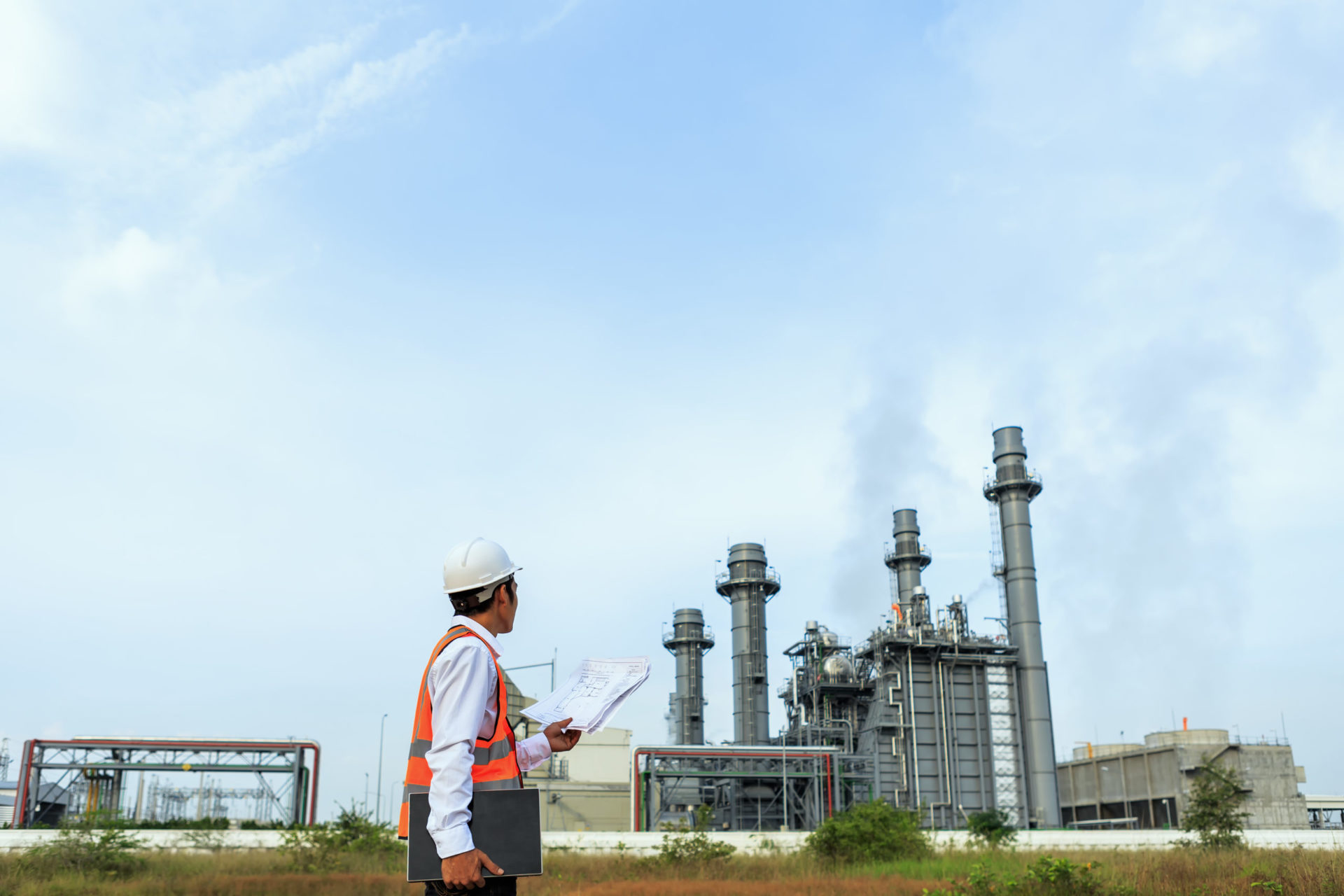Three Key Facts:
-
- $66 million in Clean Energy Projects: REAP has funded 475 Pennsylvania projects that directly serve farmers and rural small businesses across the state,
- Economic & Environmental Gains: Investments lower energy costs, cut emissions, and support rural supply chains, powered by Joe Biden’s clean energy plan.
- Record IRA Funding: The plan’s $2.4B investment is the largest in REAP’s history.
-
Farmers and small businesses across rural Pennsylvania are saving money and embracing clean energy, thanks to over $66 million invested in 475 new projects thanks to Joe Biden’s clean energy plan.
Funded through USDA Rural Energy for America Program (REAP), the program brings solar panels to family farms, energy-efficient upgrades to dairies, and innovative technologies like anaerobic digesters, transforming how rural Pennsylvanians power their businesses.
Revolutionizing Energy in Rural Pennsylvania
REAP provides grants and loans to help small businesses and farmers upgrade to energy-efficient equipment and adopt renewable energy solutions. Projects range from solar installations on family farms to energy-efficient cooling systems in rural dairies.
Reinford Farms in Juniata County used a $712,572 REAP grant to upgrade its anaerobic digester, a system that converts farm waste into renewable energy, producing enough power for 341 homes each year.
Tackling Climate Challenges
Historically, rural communities have faced barriers to adopting modern energy solutions, including high upfront costs and limited financing options. REAP addresses these challenges with flexible funding mechanisms. The program is not only enhancing energy efficiency but also helping rural businesses cut operating costs and greenhouse gas emissions.
Driving Economic and Environmental Benefits
These investments are pivotal for Pennsylvania, a state with a $132.5 billion agriculture industry that supports more than 593,000 jobs. REAP projects cut energy bills, create jobs, and support local supply chains. Farmers utilizing precision agriculture technologies enabled by clean energy report higher crop yields and improved sustainability.
“Farmers, rural business owners, and electric cooperatives are the backbone of our economy, and we are partnering with them to expand their operations while creating jobs and lowering energy costs,” said USDA Secretary Tom Vilsack.
Building on a Legacy of Support
Initially created through the 2008 Farm Bill, REAP was expanded in 2014 to meet growing demand. In 2022, the Biden Administration’s Inflation Reduction Act took the effort to new heights, investing $2.4 billion nationwide in approximately 8,500 renewable energy and energy efficiency improvements – the largest boost in the program’s history.





